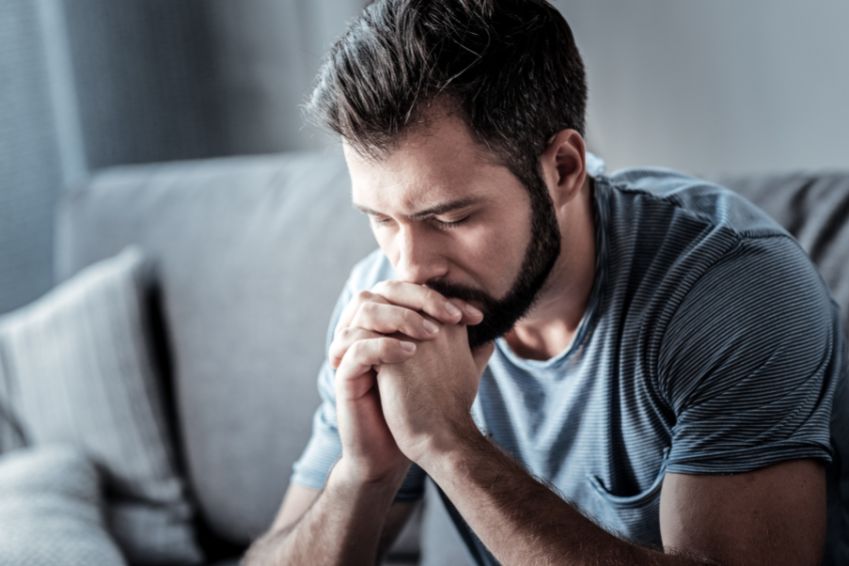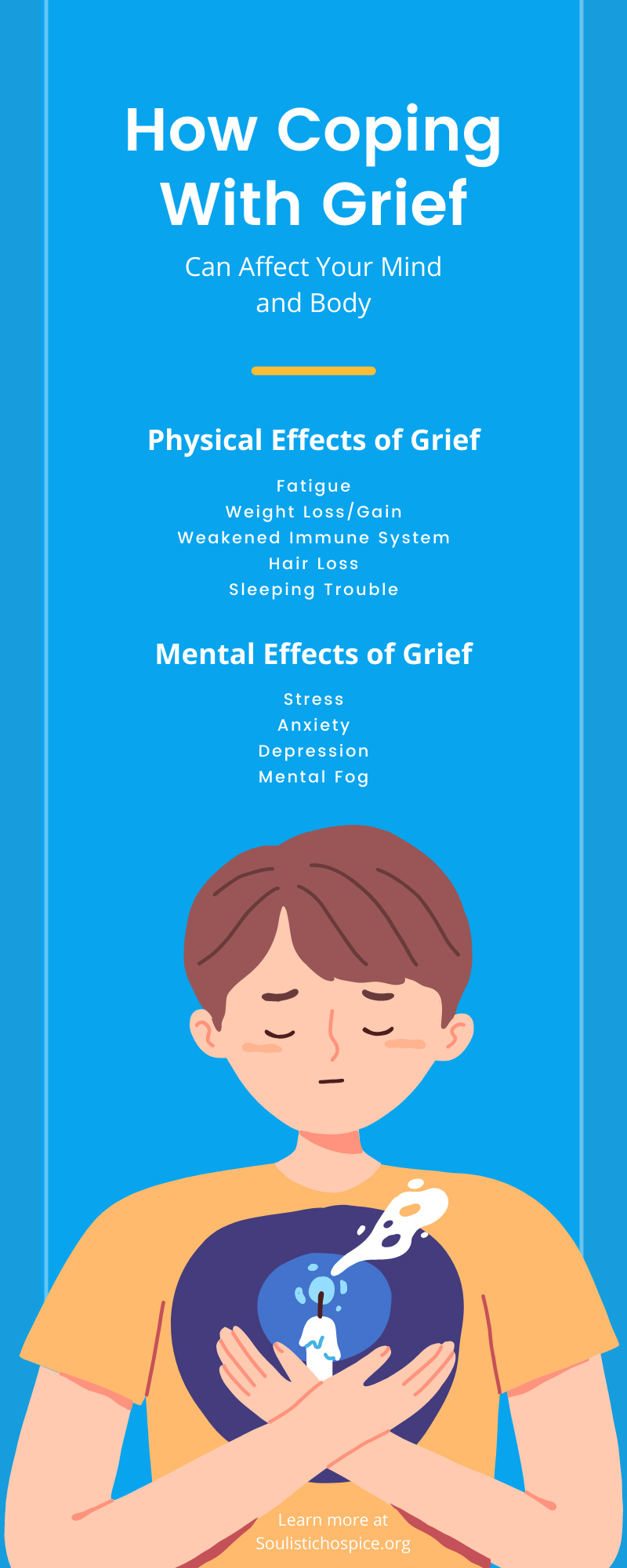
When someone you love passes away, the grief that comes with that experience can be overwhelming. There are so many ways that losing a loved one can impact you. Here are several detailed examples of how coping with grief can affect your mind and body.
Physical Effects of Grief
Losing a loved one is complex and challenging. Many people don't realize the impact that loss and grief can have on the physical body. There are many symptoms that your body may experience after the death of a loved one. Knowing the symptoms is essential so you can watch out for them and take steps to overcome them. Here are some examples of how grief can physically affect your body.
Fatigue
One of the first signs that grief is affecting the body is fatigue. Coping with loss can be exhausting and cause you to feel tired all day long. Even if you are getting enough sleep, you can still experience extreme fatigue as a symptom of the grieving process. Fatigue can last long periods and make it difficult to complete daily tasks.
Weight Loss/Gain
Weight loss or gain is another common physical side effect of grieving. Stress from losing someone close to you can make regular dietary habits more challenging to maintain. Often people will report that they have a loss of appetite after a loss. On the other hand, some people may turn to eating as a coping mechanism, leading to weight gain. Grieving symptoms related to weight can be overwhelming, but trying to continue eating a healthy, well-balanced diet is essential.
Weakened Immune System
The third physical effect you may experience after losing a loved one is a weakened immune system. You may notice that you are getting sick more than usual during the process of grieving. Due to the stress hormones in the body after a loss, the immune system is more susceptible to illness and infection. It's important to continue washing your hands and taking proactive steps to maintain good health while dealing with grief to stay well physically.
Hair Loss
Hair loss is another physical symptom some individuals may experience due to grief. You may notice that you are losing more hair than normal during your period of grief. This hair loss is typically due to the stress hormones that are flooding the body as you deal with losing an important person in your life. The adrenal glands in the body produce stress hormones that can affect how your body produces cells for hair growth, resulting in hair loss. If you can effectively manage your stress, it can stop this hair loss and allow your hair to regrow.
Sleeping Trouble
The fifth way that grief can impact the body is trouble sleeping. It's incredibly common to experience struggles with sleeping patterns during the grieving process. For example, many people experience insomnia or the inability to fall asleep and stay asleep. On the other hand, others face the problem of oversleeping and will sleep for long periods during the day without waking. Exercise and healthy coping mechanisms can help to get your body back on a regular sleeping schedule.
Mental Effects of Grief
Grief doesn't just affect the body. It also affects the mind and mental state. Everyone has to deal with losing a friend, family member, or loved one at some point in their lives, but it has many painful effects. You can experience a decrease in your mental state, leading to many symptoms that are difficult and confusing to navigate. Here are some examples of the mental effects that grief can have on the mind.
Stress
Stress is among the most common mental symptoms of grief. The thing about stress is that you feel it in both the body and the mind. Mentally, stress can cause overthinking and negative thoughts and lead to anxiety and depression. Because stress can have a detrimental impact on the body and mind, it is necessary to take specific steps to manage it effectively.
Anxiety
Another mental effect you may encounter during the grieving process is anxiety. Anxiety is our body's natural response to difficult, overwhelming, stressful situations such as losing a loved one. Many people describe anxiety as the feeling of apprehension, worry, and fear. When anxiety gets bad, it can be debilitating and cause mild and severe panic attacks.
Depression
Depression is also a significant mental effect that grief can have on the mind. It's normal to feel depressed after losing someone you love. However, when depression is not dealt with properly, it can make even the simplest of daily tasks and activities impossible to complete. Depression can manifest as feelings of hopelessness, lack of interest, fatigue, sluggishness, loss of appetite, and more. If you are experiencing thoughts of suicide or self-harm, you should immediately reach out to a medical professional for help.
Mental Fog
Another common side effect of grief is mental fog. This symptom can go hand in hand with stress, anxiety, and depression, or you may experience it on its own. People describe mental fog as a lack of mental clarity and an increase in confusion. It can be challenging to focus on tasks mentally, and you can feel like you are struggling to pay attention in conversations or at work.
Coping With the Effects of Grief
Now that you know the physical and mental effects that coping with grief can have on the body, it's important to understand how to deal with them. Everyone deals with grief differently and must process loss in their own time. However, developing healthy coping mechanisms is crucial to continue living a well-balanced life. Coping methods such as therapy, support groups, exercise, meditation, breathing techniques, developing new hobbies, getting enough sleep, eating a healthy diet, and spending time with friends and family can help manage the grieving process's negative effects.
If you need additional help, Soulistic Hospice offers grief counseling in Tucson to support anyone struggling with losing a loved one.









